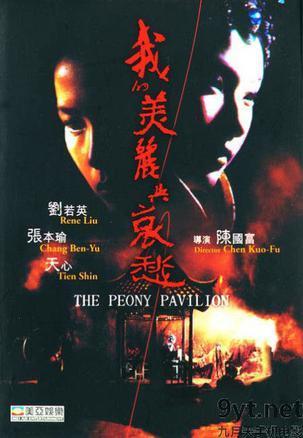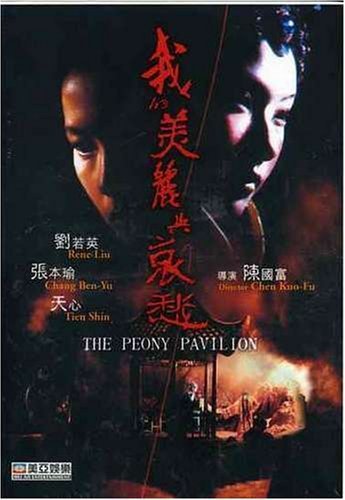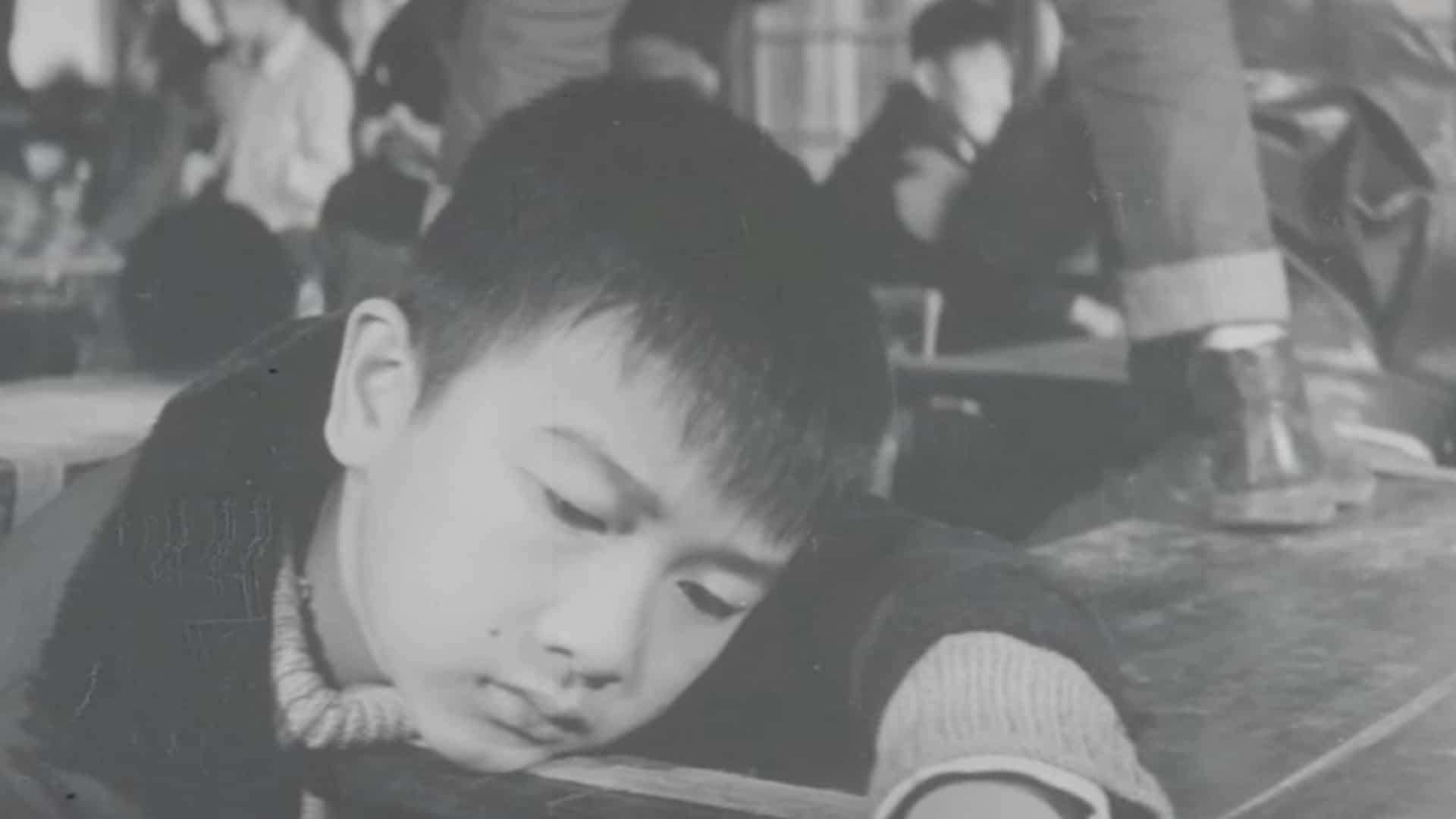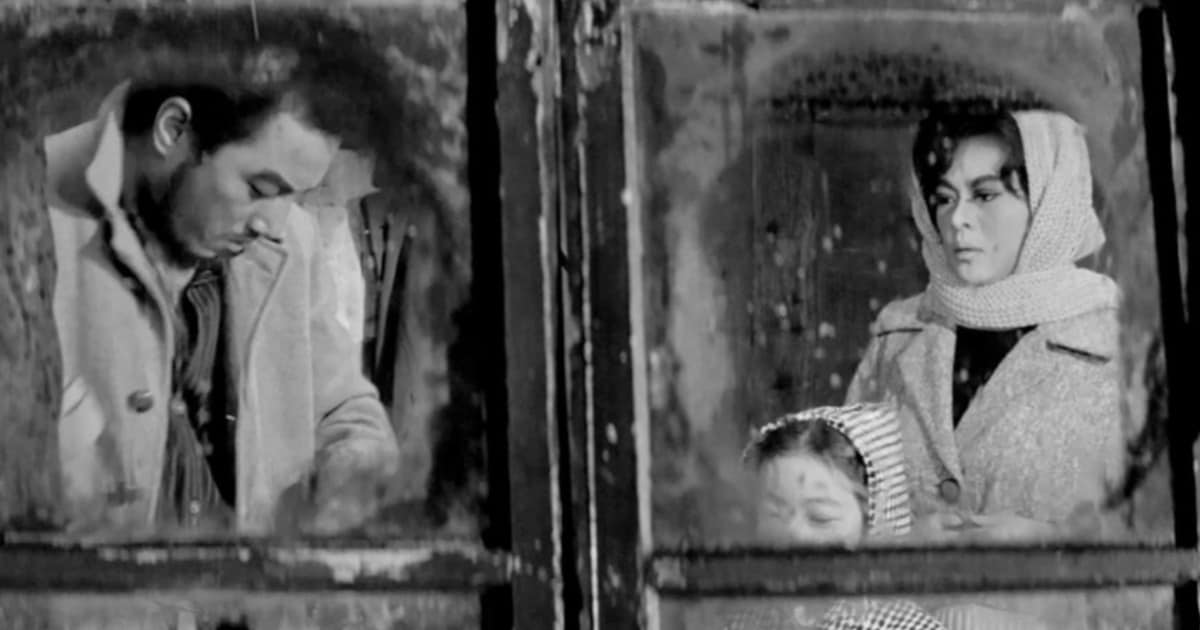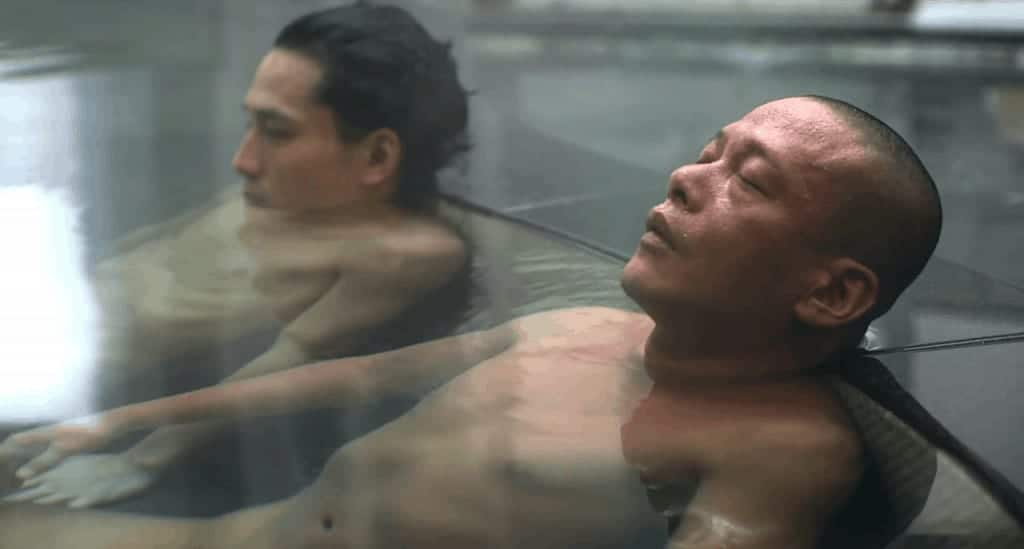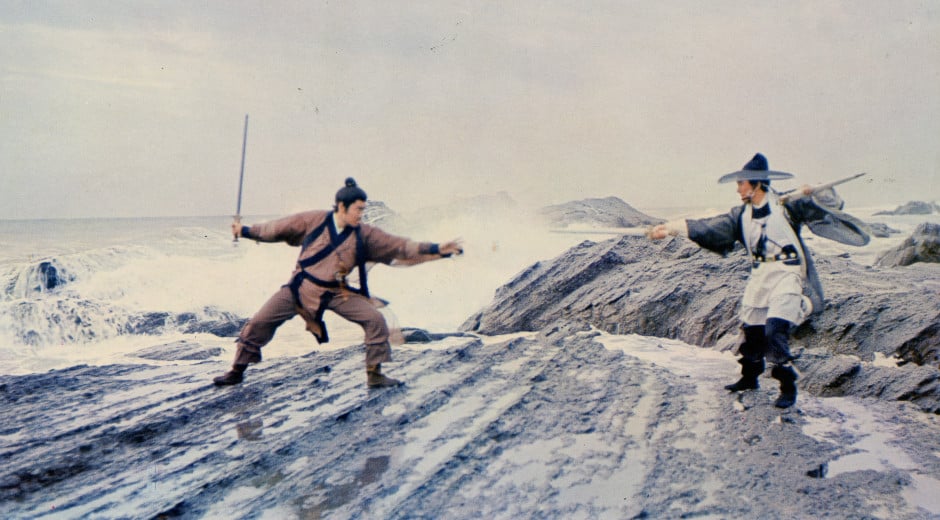Largely overshadowed by the similarly named movie by Yonfan, “The Peony Pavilion” by Taiwanese film critic-turned-director/filmmaker is an intriguing film, albeit a bit too mysterious for well-rounded comprehension.
Buy This Title
The film follows three main characters: Du Li-Li, Liu Yu-mei and Mi-mi. The first half of the movie follows Li-li and Mi-mi, both students of a private all-girls high school. Between the two, Li-li is the more troubled one, and the film opens up with her sitting on the floor in a seemingly dazed state. Her head is slightly tilted, while her legs remain docile and unmoving on the floor as if she is entirely sapped of energy by an unknowing force. The film then cuts to scenes of students walking about, with a voice over by Mi-mi, who is Li-li's friend. From the outset, the film seems to highlight the main relationship that audiences should focus on, that between Li-li and Mi-mi, but this is faltered eventually as the third character is introduced.
Li-li claims to be dreaming, in particular, she claims to be dreaming of being in ancient China, where she is dolled up like a court lady who narcissistically paints a picture of herself. However, she is not alone. In her dream, there is an unidentified scholar figure, who looks uncannily like a female. The dream sequence is the main element borrowed from Tang Xianzu's 16th-century play, from which the film also borrows its title. In this dream sequence, Li-li, in her role as a court lady, walks gently in a garden. The music, an electronic affair, accompanies her casual steps while the beautifully designed set evokes an air of mysticism and slight eroticism. This eroticism is further heightened by the appearance of the scholar figure, whom Mi-mi professes an almost incomprehensible attraction towards. She wants him to touch her, she wants to hug him, so as to know who he is.
Alongside the sexual undercurrents of the film, evoked by the dream sequence, elements of religiosity and the supernatural are highlighted too. Li-li's mother is an extremely religious and superstitious person and resorts to Taoist rituals to ‘get rid' of Li-li's spirit after she commits suicide. At this point in the film, the third character, Liu Yu Mei has already been introduced. Yu-mei is an aspiring singer who has troubles on her own, despite being relatively successful in the music business. She is accompanied by Mi-mi, who appears to be her manager. This is where the movie falters. As Yu-mei takes center stage (both literally as a singer in the film and figuratively as she gets more screen time), Mi-mi seems to be thrown out as one of the main characters altogether. In a flicker of an instant, she dissolves her past relationship to absorb that of another.
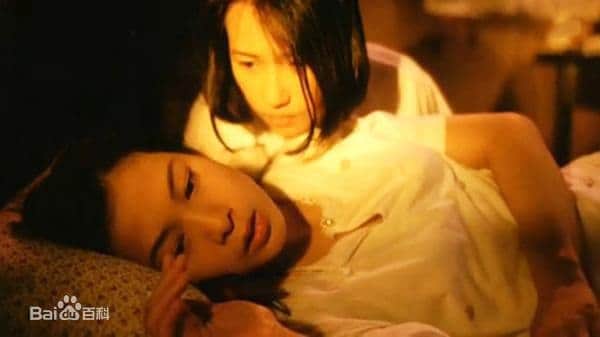
This results in a potential mess as I cannot help but wonder what exactly is Mi-mi's role in this already hazy, dream-like movie? Is she meant as a foil to the two troubled characters? Or is she mainly used as a driver of the plot? Either way, the film missed out on the opportunity to fully develop the character of Mi-mi as well as her relationship with both parties. Given that she is the only one that appears and is recognized by audiences throughout the film, there ought to be much more depth to her character.
However, the movie does not lack merits. In evoking the dream-like atmosphere, there are numerous shots that are rather picturesque yet scary, making it one rather dichotomous film. As Yu-mei's voice gets unrecorded in the tape despite the studio engineer having recorded it, the next shot following the songwriter's Guo-liang's utterance of “There's a girl beside her”, shows his reflection alongside Yu-mei. Meanwhile, there is a large reliance on natural warm lighting, reflection shots, and hand-held shots that induces the naturalism of the film and as such, makes the unreality of the dream stand out more. One of the scariest shots includes the cracked mirror with blood oozing out along the cracks. Intuitively, it reminds me of Sion Sono's “Suicide Club” (2002). Meanwhile, it is also quite impactful in that for one aware of Taoist rituals or superstition, a cracked mirror is surely a sign of bad luck and hence, foreshadows the fate of Yu-mei once she notices it.
I am not sure how to classify this movie- horror/thriller/drama or just a plain tale of spiritual possession and I believe that the director, possibly over-inspired by the original play, might have tried to do everything. Unfortunately, it turns out to be a futile effort and the outcome is a visually-enchanting and intriguing film, but one that lacks proper character development and in-depth plot. A missed opportunity, indeed.


